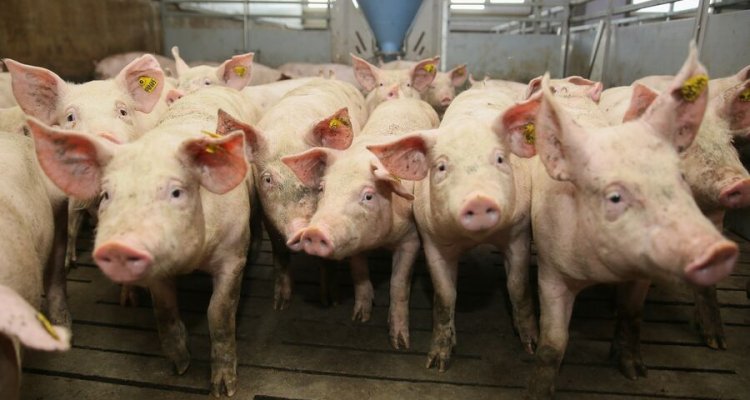
Project
Improving low-protein diets to prevent behavioural problems in pigs
By Ilaria Minussi
Sustainability has become a crucial factor in animal production systems. Diets with low protein content supplemented with feed-grade amino acids (AA) are an efficient tool to improve the protein conversion efficiency, and reduce the environmental impact of the pig rearing industry. Recent trials, however, have shown that feed with reduced dietary protein and AA levels is a risk factor associated with increased incidence of damaging behaviours (tail and ear biting) in pigs. As tail biting is one of the most common welfare problems in pigs on commercial farms, it is fundamental to further investigate the effect of low protein diets and dietary AA content on damaging behaviour in pigs.
The aim of the project is to further enable the use of low protein diets without compromising pig welfare through a better understanding of the relationship between dietary protein (level and AA composition) and damaging behaviours. A series of studies will investigate the role of protein and AA on damaging behaviours of growing/finishing pigs in a practical onset. The studies will focus on the role of low protein diets supplemented or not with AA for optimal growth on damaging behaviours, and on the optimal AA profile and AA supplementation strategy to be fed to pigs to prevent damaging behaviours. Since the health status of the animals affect their nutritional requirements and might have ripercussions on their behaviour, part of the studies will also focus on critical periods following stress or immunological challenges.